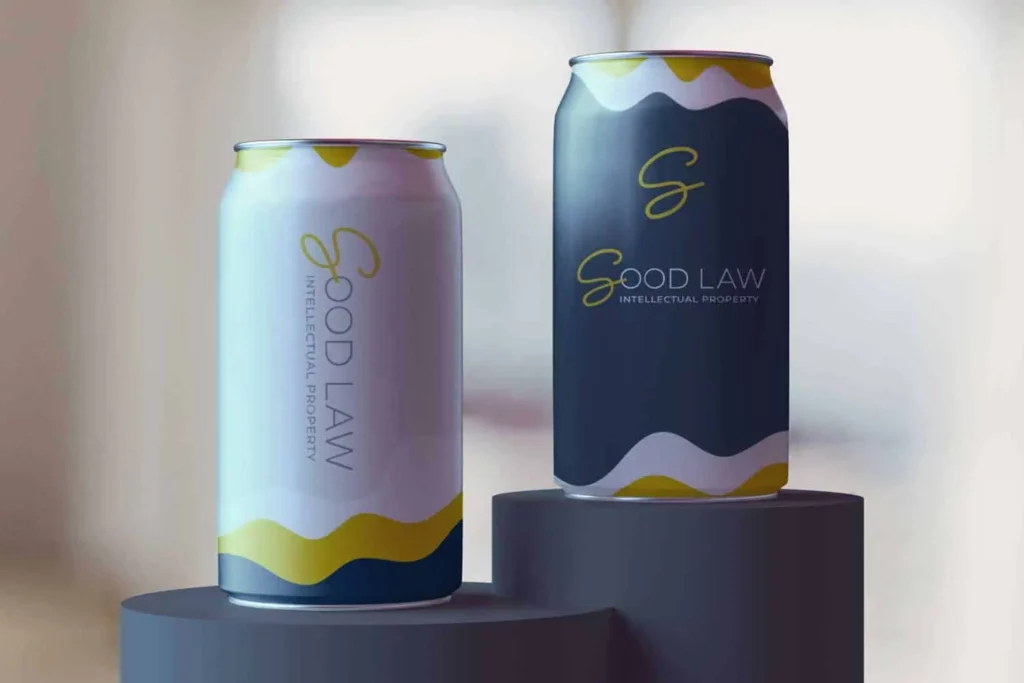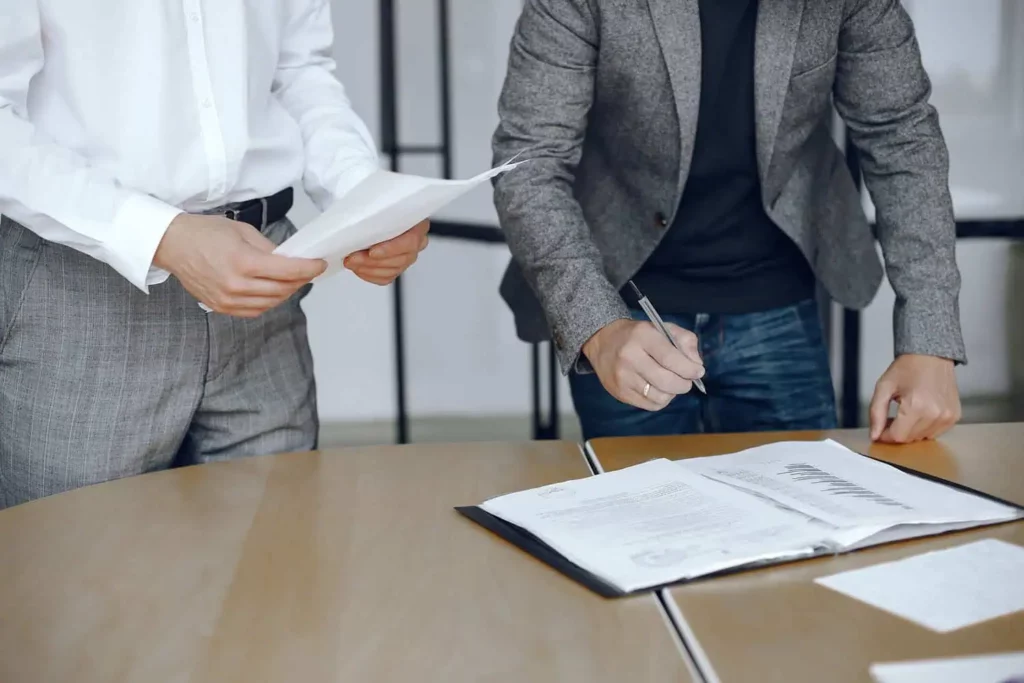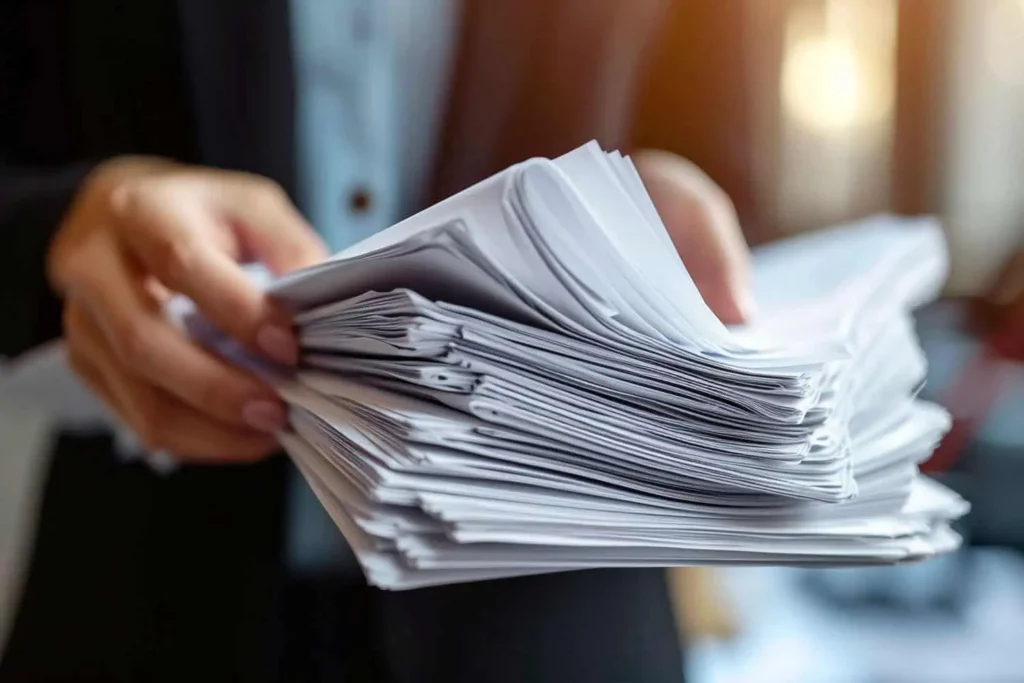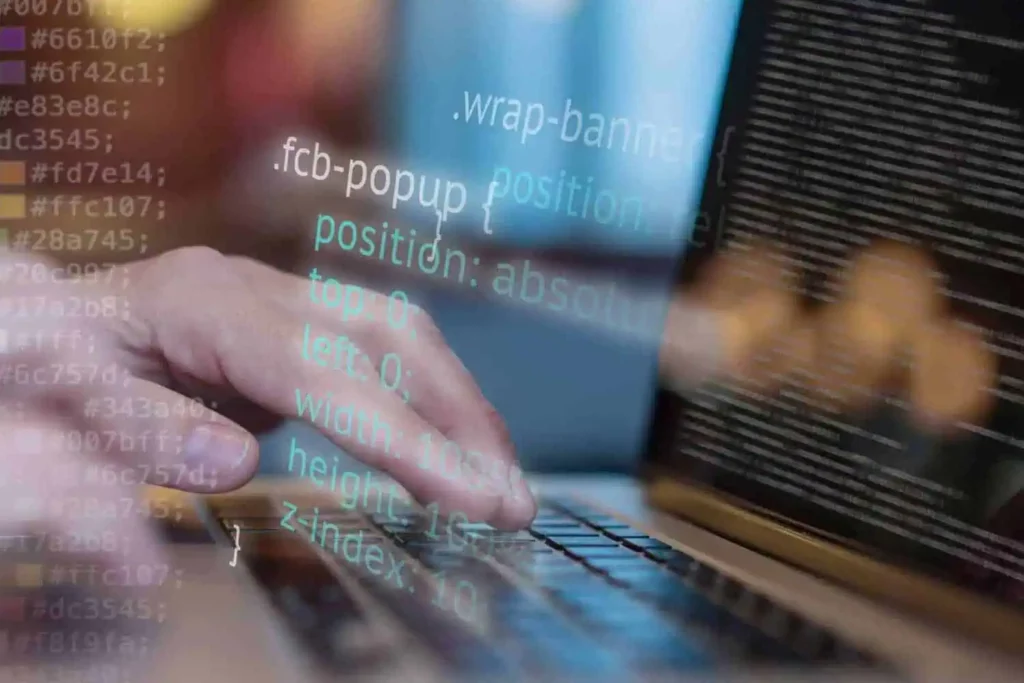Your partner in business liability matters
Business liability focuses on two key areas: wrongful acts and breaches of contract. This can involve issues such as intellectual property infringements, contractual breaches, or even environmental liability. Hiring expert support helps to avoid legal pitfalls and minimise financial risks, enabling your business to focus on growth and success.

Good Law is here to defend your rights at every stage of liability cases, whether through advisory services or litigation.
Liability spans several legal areas, including contract law, intellectual property law, and corporate law. Expert guidance is crucial, from conducting risk assessments and formulating defence strategies to legal representation in court. Good Law provides a thorough and effective approach.
We are your partner in procedural law, combining this with our expertise in intellectual property, liability, compliance, and contract law. Whether it is drafting legal documents, defending your rights in court, or strategically addressing legal conflicts, we bring together our specialisms for maximum impact and the best possible outcome for you.
Good Law specialises in business liability across a range of sectors. In fashion, where counterfeiting is a major issue, the challenges are entirely different from those faced by a consumer collective fighting against environmental pollution. We offer expert guidance for a variety of liability claims, giving us in-depth knowledge of the concept of liability.
Protect your assets with Good Law
Ensure your rights are upheld! Contact Good Law today for expert advice and decisive action in cases of intellectual property infringements and other business liability matters.

Personal approach
Every case is bespoke, tailored to your unique situation and needs.
Expert guidance
Benefit from our extensive knowledge and experience in business liability.
Proactive attitude
Our decisive team has a strong reputation you can trust.
Frequently asked questions
I suspect an angry employee is taking sensitive documents, such as important know-how and customer lists. What can I do?
In such a situation, it is advisable to have a protective attachment or evidence attachment. This means that you formally secure all of the employee’s business equipment through a specialized lawyer, so that all data on his computer is kept without direct inspection by third parties (neither you nor the employee).
Then, in proceedings on the merits, you can request formal access to the secured evidence. And because such proceedings take time and (which often happens) you also want to prove during the proceedings on the merits that trade secrets were taken, you can already ask for partial access in the interim.
During this process, you can request interim access; this means that before the process is complete, you request limited access to certain parts of the data to quickly obtain relevant information. This is called interim inspection.
If you win the proceedings on the merits, you will get relevant and lawful access to the evidence. As a next step, you can request inspection again to examine specific documents or records in detail, for example, to gather evidence for possible claims for damages.
An additional advantage is that if certain documents have been seized, an employee cannot make that material disappear either.
When formulating your request, be sure to check carefully why you are taking these steps and what damage, if any, you want to recover – because what you ask for determines what you can access.
Furthermore, once thrown away, the tar-link cannot be un-thrown. It may just be that what you hope to find is not found, but that the procedure has only given your insight into the situation and the intentions of the employee. Even then, you still have a relationship.
Consult Good Law for tailored advice and to take the right legal steps in this complex situation.
I want to hold a contractor liable for mistakes made and the judge asks for more evidence. What does that mean for my case?
When the judge asks for more evidence, it means that the current evidence is insufficiently convincing to him/her. The judge may issue an order of proof, which means that you, the plaintiff, must prove that the contractor made a mistake and that this mistake caused damage.
This may lead to an additional round in the proceedings, in which you may have to submit additional documents or call witnesses, for example.
Calling witnesses is a powerful tool, but it also carries risks. Witnesses testify under oath, which means they are required to tell the truth. Lying under oath is considered perjury and can lead to criminal charges. It is therefore crucial to call only reliable witnesses and ensure that their statements are consistent with your statements.
The judge plays what is known as a leading role in this process. This means that he is limited to assessing what the parties bring in and cannot make his own claims or present facts. The limits of the debate are determined by the contentions and evidence you and the other party put forward.
However, in recent years the judge often interprets his own role as less guiding. For example, he will occasionally take information from his own science.
Either way, if you do not provide sufficient evidence or your witness statements are not convincing, it may be detrimental to your case.
Proper preparation and legal advice are essential to improve your chances of successfully completing the evidentiary task.
My product is similar to a large company’s product. They are summoning me to stop and pay damages. What should I do?
Basic legal principle is that you should know the law as well as the market in which you operate, but of course that does not mean that the large corporation’s claim is justified or that you are liable for anything.
Research carefully whether they actually have exclusive rights to the product or name they are referring to. This depends on factors such as whether their product or name is legally protected, and whether there may be consumer confusion.
It is also important to consider your own rights. If your product or name was on the market before, you may be in a stronger position yourself and may be able to dispute their use.
Should it turn out that they are legally within their rights, this then need not immediately mean that you must stop completely or, for example, agree to hand over profits. Factors such as your intent at launch and lack of intentional imitation can affect your position to a limited extent.
Do not be intimidated. Inspiration is permissible, and this makes imitation only prohibited if you are truly infringing. Take legal advice to assess whether their claims are legitimate. Depending on the situation, you can reach a settlement, change your product or name, or defend your rights. Stay strategic and protect your interests with Good Law!
Our foundation assists local communities, including in the Netherlands Antilles, in their quest for fresh water. We work with outside companies. What if things go wrong?
When your foundation is overseeing complex projects such as water desalination in partnership with outside companies, it is crucial to have proper contractual coverage to mitigate liability risks.
You want to ensure that any mistakes or shortcomings on the part of the executing parties are not blamed on your foundation. This requires precise contractual arrangements that explicitly assign liability to the parties responsible for execution.
Consider including indemnification and clear liability clauses in your contracts so that your foundation is not held unintentionally liable.
It is also wise to identify possible residual risks, such as obligations imposed by government regulations, and ensure that these are also contractually assigned to the performing party. The contract should ensure that any residual damages are clearly allocated to the party responsible.
It is also advisable to consider liability insurance, for example through a separate limited liability company (BV) acting as a contracting party or covering specific risks. Such insurance provides additional security for unexpected events, while the contractual arrangements provide the basis for assigning liability.
Always consult a specialized lawyer such as Good Law for tailored advice so that your foundation is well shielded from financial risk in a complex situation such as this.
Our other areas of expertise
Trademark Law
On trademark protection and infringement prevention, as well as all aspects of combating infringements

Design Law
For the protection of designs, navigating registration processes, and combating counterfeiting

Contract Law
Concerning agreements made and the legal consequences of non-compliance

Compliance
For ensuring compliance with laws and regulations, including cases before the Dutch Advertising Code Committee

Procedural Law
From legal disputes to drafting legal documents and court representation

Copyright Law
Everything related to the protection of various works, such as photography, text, and software
